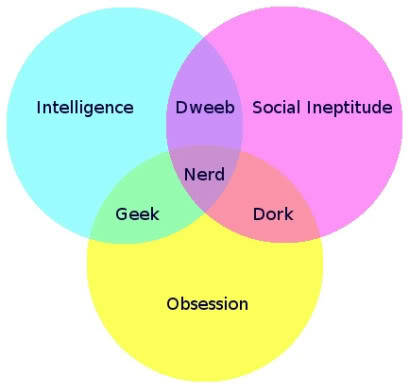I detect today a certain public scepticism when intellectuals stand up to preach to us, a growing tendency among ordinary people to dispute the right of academics, writers and philosophers, eminent though they may be, to tell us how to behave and conduct our affairs. The belief seems to be spreading that intellectuals are no wiser as mentors, or worthier as exemplars, than the witch dotctors or priests of old. I share that scepticism. A dozen people picked at random on the street are at least as likely to offer sensible views on moral and political matters as a cross-section of the intelligentsia. But I would go further. One of the principal lessons of our tragic century, which has seen so man millions of innocent lives sacrificed in schemes to improve the lot of humanity, is--beware intellectuals. Not merely should they be kept well away from the levers of power, they should also be objects of particular suspicion when they seek to offer collective advice. ... For intellectuals, far from being highly individualistic and non-conformist people, follow certain regular patterns of behaviour. Taken as a group, they are often ultra-conformist within the circles formed by those whose approval they seek and value. That is what makes them, en masse, so dangerous, for it enables them to create climates of opinion and prevailing orthodoxies, which themselves often generate irrational and destructive courses of action. Above all, we must at all times remember what intellectuals habitually forget: that people matter more than concepts and must come first. The worst of all despotisms is the heartless tyranny of ideasPaul Johnson in Intellectuals
My favorite intellectual, (whom the conservative Johnson does not critique) ....?
George Orwell, of course :)
Why? Because from the little bit of reading that I have done, Orwell came across as essentially a left-of-center guy who did not care for ideological labels. And he was highly suspicious of conformity.
Christopher Hitchens says it best:
My worry has more to do with another thing Orwell warned about—the willingness of people to police themselves, and to believe anything that they're told. Especially the willingness of intellectuals and academics to become worshipers of whomever is in power, or passers-on of whatever the reigning idea is. Conformity, in other words. That will always carry on being a threat. People don't remember Orwell for his opposition to conformity as well as they should.I don't know if I have always had that intense suspicion of conformity, which was then reinforced by reading Orwell, or if watching 1984 at the British Council in Madras was the real trigger. In any case, Orwell is my go-to intellectual.























